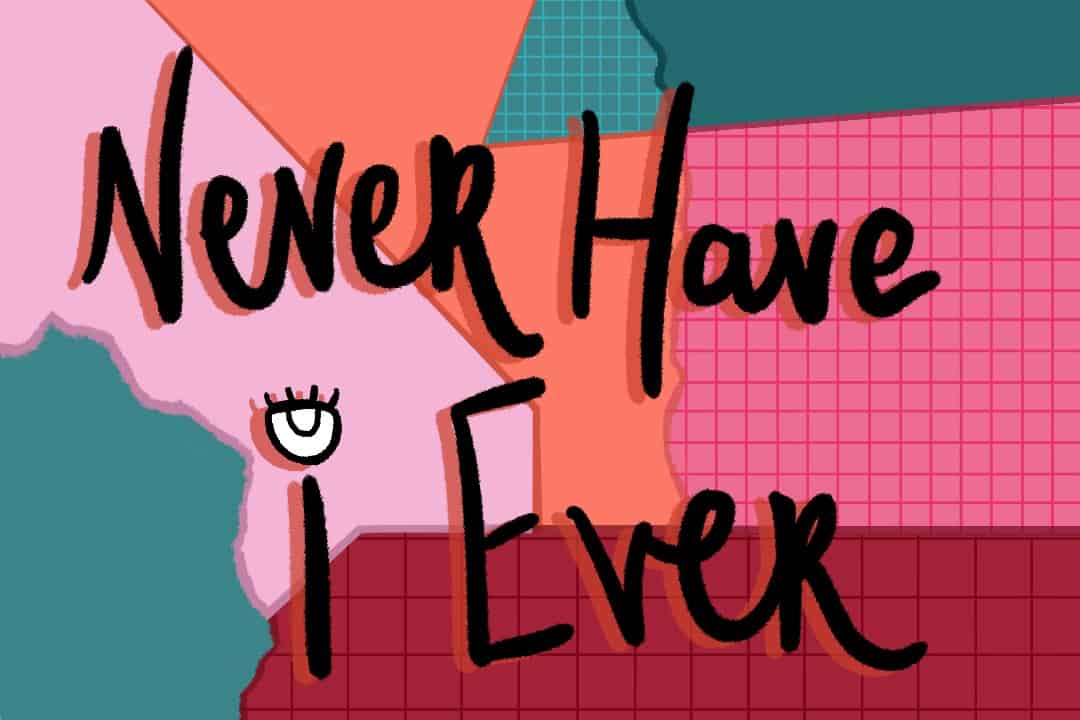Content warning: This article discusses ableism.
In April 2020, Indian-American actress and comedian Mindy Kaling released her highly anticipated Netflix series, Never Have I Ever. The series follows 15-year-old Indian and Tamil protagonist Devi Vishwakumar, showing how she copes with her father’s death.
Immediately after its release, Never Have I Ever was praised for breaking South Asian stereotypes. Nevertheless, being South Asian from a Tamil-speaking family, I thought that aspects of the show were harmful to South Asian representation.
A white man narrator
The Sonic Color Line: Race and the Cultural Politics of Listening is a novel written by Jennifer Lynn Stoever, an associate professor of English at Binghamton University. It argues that American ideologies of white supremacy are as dependent on sound as they are on seeing the difference in people’s skin tone. Listeners are able to make assumptions about the speaker’s identity through their accent, dialect, speech, and extraverbal utterances.
Never Have I Ever is narrated by former tennis player John McEnroe. Even though McEnroe’s presence is explained by the fact that he’s Devi’s father’s favourite tennis player, his casting inserts whiteness into a nonwhite story. McEnroe, a white man, constantly offers commentary to the audience about Devi’s thoughts, decisions, and interpersonal relationships.
The series’ first scene shows Devi praying to a shrine of Hindu gods. At the same time, McEnroe introduces her as a “15-year-old American-Indian girl.” Immediately after this phrase, McEnroe introduces himself as a “legendary tennis player” and the screen cuts to footage of him playing tennis. In the background, white crowds cheer.
Lack of Tamil dialogue
My favourite scene of Never Have I Ever is from its second season. Devi’s older cousin, Kamala, greets her bosses in a cosplay outfit. Devi’s mother’s face expresses a mix of shock, embarrassment, and disgust as she looks at her niece. She proceeds to ask Kamala a series of questions in Tamil. The way that she pronounces her words is different from any pronunciation I have personally ever heard.
This mispronunciation isn’t an isolated incident — nor does it make sense in the show’s context. Devi’s family is Tamil and originally from India. Her paternal grandmother resides in Chennai, Tamil Nadu, before she moves to California later in the series.
Devi’s paternal grandmother speaks only English, even when family visits her in Chennai. Having been raised in Tamil Nadu, where Tamil is the official language, I find it strange that this woman does not speak Tamil with her family.
Women of colour experiencing disabilities
As previously mentioned, a large storyline in Never Have I Ever is Devi mourning her father. In the show’s pilot, Devi is depicted as losing feeling in her legs as a result of this trauma. Devi uses a wheelchair for a few minutes before she ‘miraculously’ gains the ability to move her legs once again after seeing her crush in a parking lot.
This very ableist trope — referred to as the “miraculous cure” — leans into the false concept that a complete life can’t be lived by someone with a disability. It portrays the harmful idea that all those with disabilities want to be ‘cured,’ which viewers see through Devi’s newfound hopes for the new school year once she begins to walk again.
As Devi stands up from her wheelchair, her mom cheers. Her happiness is probably shared by the audience. This is an example of ‘inspiration porn,’ which can be described as the “exceptionalization of one community for the benefit of another.” Essentially, the show wants audiences to be cheering for Devi to “overcome” her disability.
To make matters worse, McEnroe chimes in to say, “Can she shed her old identity as the paralyzed Indian girl… it’s not likely. Those things are pretty unforgettable, but with working legs comes a whole host of new possibilities.” The narrator’s comments imply the shame of being an Indian girl and suffering from a disability. Furthermore, they imply that being able-bodied provides a person with a better life than if they had a disability.
The sad reality is that, while Never Have I Ever represented South Asians poorly, I appreciate that it included such representation at all. As a Tamil person, seeing the story of someone that I can relate to being distributed on Netflix feels surreal.
On another note, Never Have I Ever has been renewed for a third season. This gives its creators the chance to more accurately represent all the marginalized communities included in the show thus far.


